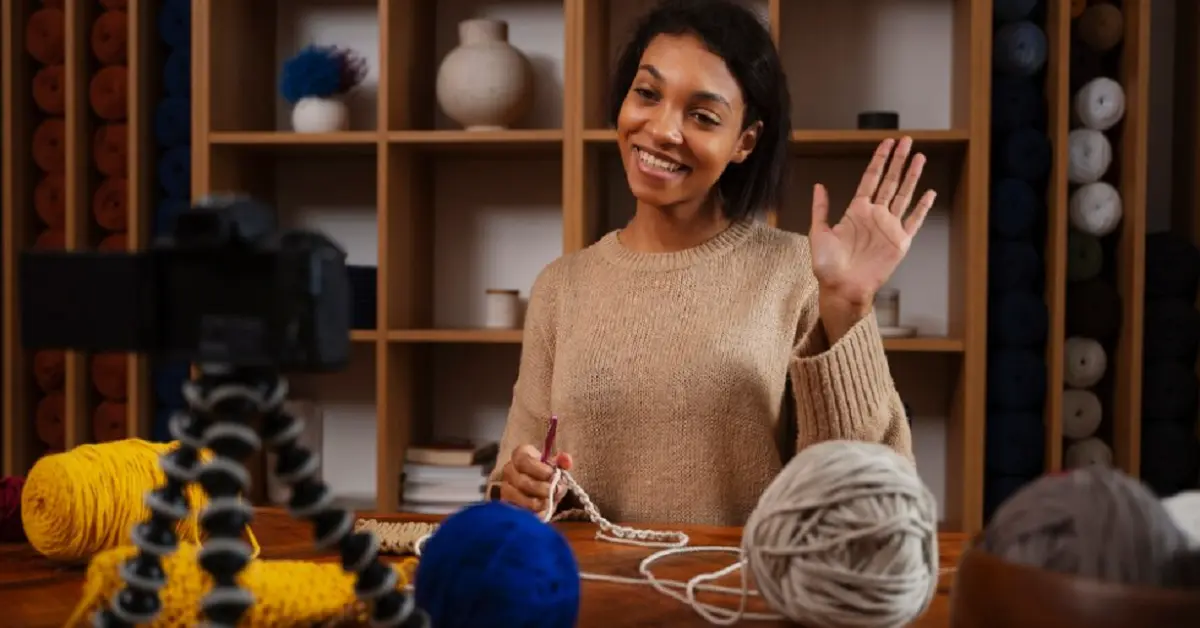Introduction to Influencer Marketing
In the dynamic landscape of digital marketing, influencer marketing has emerged as a powerful tool for brands to connect with consumers. influencers gonewild, individuals with significant online followings, can shape opinions, trends, and purchasing decisions. However, amidst the glamour and allure of influencer culture lies a darker phenomenon: “influencers gonewild.”
The Rise of “Influencers Gone Wild”
Understanding the Concept
“influencers gonewild” refers to a troubling trend where influencers engage in controversial or reckless behavior for the sake of attention, views, or engagement. From outrageous stunts to offensive remarks, these actions often generate backlash and damage the influencer’s reputation.
Examples of Controversial Influencer Behavior
Numerous incidents have highlighted the extent of this trend. From insensitive jokes to dangerous challenges, influencers have crossed boundaries in pursuit of virality. These actions not only reflect poorly on the individual but also raise questions about the ethical responsibilities of those with influence.
Factors Contributing to “Influencers Gone Wild”
Social Media Pressure
The competitive nature of social media platforms creates constant pressure for influencers gonewild to stand out and gain traction. This pressure can lead to a willingness to push boundaries and take risks to maintain relevance.
Desire for Attention and Engagement
In the quest for likes, shares, and comments, some influencers prioritize shock value over authenticity. The pursuit of viral fame can overshadow considerations of ethical conduct and responsible behavior.
Lack of Regulation and Accountability
Unlike traditional media outlets, social media platforms often lack stringent regulations governing content. This freedom can empower influencers to push boundaries without fear of immediate consequences, fostering a culture of impunity.
Negative Impacts of “Influencers Gone Wild”
Damage to Personal Reputation
Reckless behavior can irreparably tarnish an influencer’s brand and credibility. Once trust is lost, it can be challenging to regain the loyalty of an audience that feels betrayed.
Loss of Trust and Credibility
Audiences expect authenticity and integrity from the influencers gonewild they follow. When influencers prioritize sensationalism over sincerity, they risk alienating their fan base and losing the trust of their followers.
Legal Consequences
In some cases, the repercussions of irresponsible behavior extend beyond social media backlash. influencers gonewild may face legal action, such as defamation lawsuits or fines, for their actions.
Addressing the Issue
Implementing Guidelines and Regulations
Social media platforms and influencer marketing agencies can play a crucial role in establishing clear guidelines and standards of conduct for influencers. By setting expectations and enforcing consequences for violations, they can help deter reckless behavior.
Educating Influencers and Audiences
Promoting media literacy and digital citizenship can empower both influencers gonewild and their audiences to navigate social media responsibly. Influencers should be educated about the potential impact of their actions, while audiences should be encouraged to critically evaluate the content they consume.
Promoting Authenticity and Responsibility
Ultimately, the responsibility lies with influencers gonewild to uphold ethical standards and prioritize authenticity over sensationalism. By fostering genuine connections with their audience and demonstrating integrity in their actions, influencers can build long-term trust and credibility.
Case Studies
1. Logan Paul’s “Suicide Forest” Video
In early 2018, YouTuber Logan Paul faced backlash for posting a video featuring a visit to Japan’s Aokigahara Forest, known as the “Suicide Forest.” The insensitive content sparked outrage and highlighted the need for greater sensitivity and responsibility.
2. PewDiePie’s Anti-Semitic Controversy
In 2017, PewDiePie faced criticism for including anti-Semitic imagery in his videos, leading to repercussions from sponsors and platforms. The incident underscored the importance of considering the impact of content on diverse audiences.
3. Olivia Jade’s College Admissions Scandal
Social media influencer Olivia Jade Giannulli became embroiled in controversy when her parents were implicated in a college admissions bribery scandal. The incident shed light on the privileges enjoyed by some influencers gonewild and the ethical dilemmas inherent in influencer culture.
4. Jake Paul’s Neighbor Nuisance
Jake Paul’s disruptive behavior and disregard for neighbors’ concerns have landed him in legal trouble multiple times. The saga serves as a cautionary tale about the consequences of unchecked influence and entitlement.
The Future of Influencer Marketing
Shifting Towards Authenticity and Transparency
As audiences become more discerning, the demand for genuine connections and authentic storytelling is on the rise. Brands and influencers alike are recognizing the value of transparency and integrity in fostering meaningful relationships with consumers.
Role of Brands and Platforms
Brands and social media platforms have a vested interest in promoting responsible influencer marketing practices. By supporting influencers gonewildwho embody their values and prioritizing ethical partnerships, brands can cultivate positive brand associations and enhance consumer trust.
Conclusion
“influencers gonewild” may be a dark aspect of influencer culture, but it serves as a reminder of the importance of responsibility and integrity in the digital age. By holding influencers accountable for their actions and promoting ethical standards, we can ensure that influencer marketing remains a force for positive change and authentic connection.
